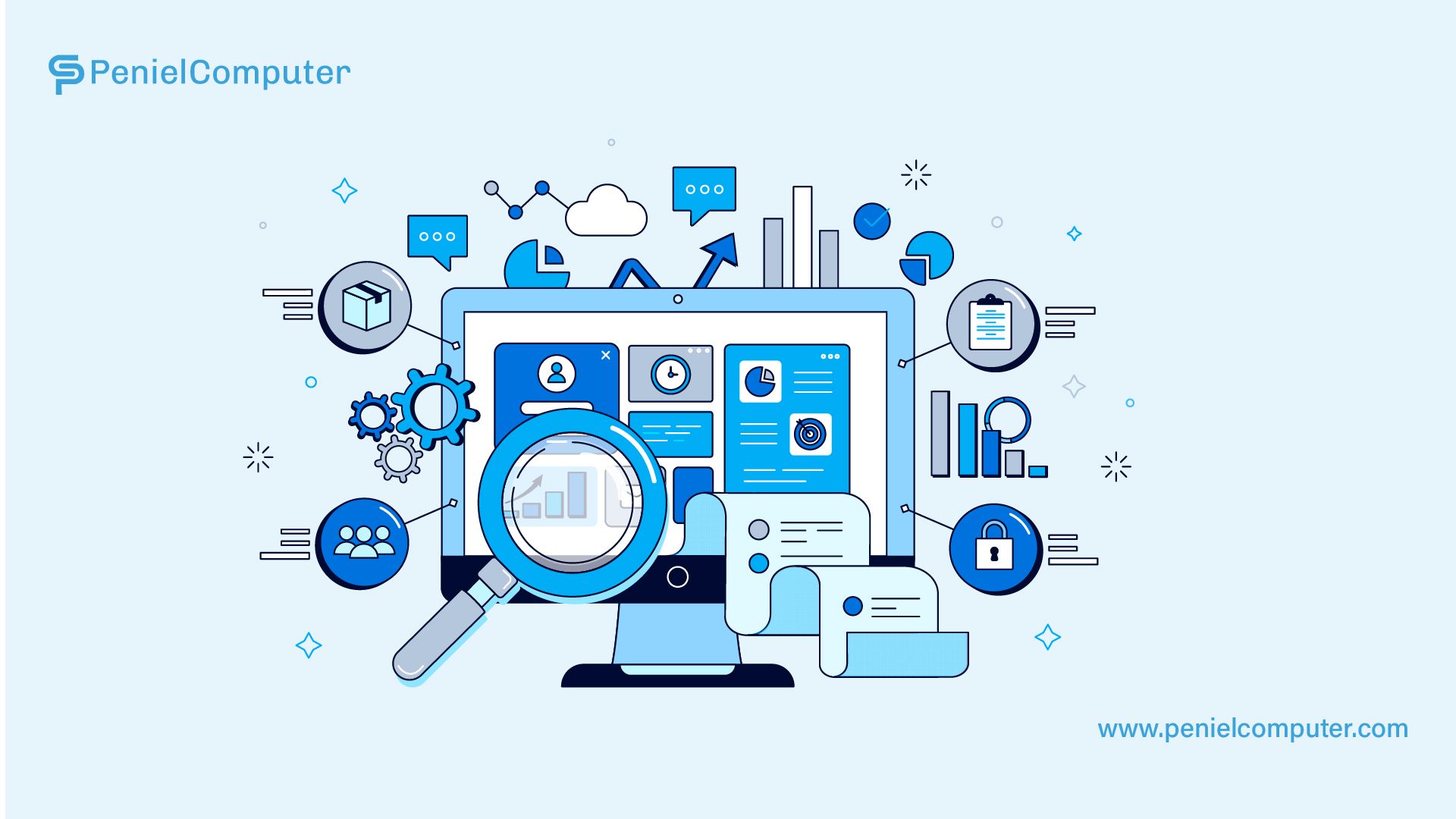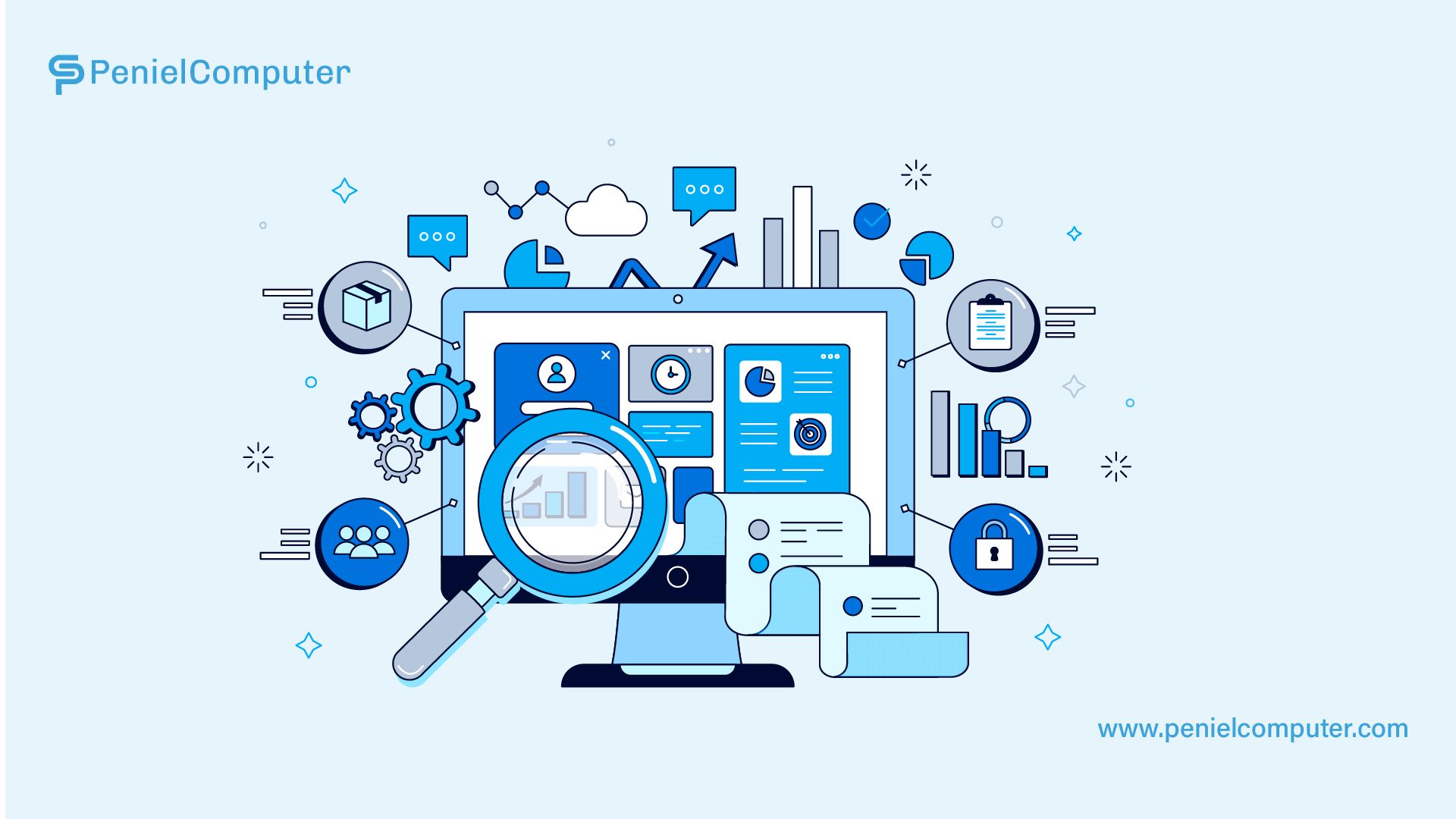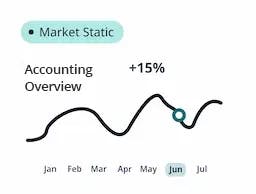
Admin
2024-10-31

ERP software is becoming increasingly popular among businesses in the Oman. It is because it helps with important business tasks like accounting, financial reports, managing risks, operational tasks, and analyzing data. ERP Companies in Oman take care of core business processes so you can focus on business goals.
Modern ERP systems also help with inventory, orders, supply chain management, buying things, production, distribution, and delivery. Companies that include human resources, customer relationship management, and e-commerce features in their ERP will see even more benefits.
Contact us?
Understanding the key features of ERP shows why this software is so important. Here are some of the main capabilities to think about when looking at ERP systems.
Table of contents:
- Introduction
- Key Features to Look for in ERP Software
- Conclusion
12 Key Features to Look for in ERP Software
- Combining Data
When different parts of a company have their own data, it can be hard to work together and see the full picture. The main benefit of ERP solutions is that it gives the whole company a central view of important financial, operational, and business data in near-real-time.
ERP software helps companies get insights from their data. They can use the reports and information to make better decisions, like moving resources or finding new business opportunities.
- Automating Tasks
ERP software can automate repeatable business tasks, like payroll, order processing, invoicing, and reporting. This saves time on manual data entry, reduces mistakes, and lets employees focus on more important work.
ERP solutions mean that data entered by one person is available across the company. For example, an inventory system could automatically trigger a shipment and invoice when a product is available. This brings in more money and gives customers a better experience. Managers can also automatically get up-to-date reports on cash flow and other important numbers to help them make decisions.
- Analyzing Data
Using data better is very important for finance chiefs and business leaders, as a recent survey showed. ERP software gives employees the power to gather lots of information and turn it into helpful insights - on new business chances and ways to improve current operations, cut costs, spot fraud, and serve customers better.
- Reporting
Better reporting is almost as crucial for executives as using data more effectively. ERP software works with the information about your business and turn it into business operations reports that could help you make better decisions, improve your business processes, and also helps you see clearly what problems could affect your business in the future to help avoid them.
These reports may include charts, graphs, and dashboards to show trends and patterns that can improve results.
- Tracking and Visibility
ERP platforms let companies track, see, and understand their business metrics - a very valuable feature. They do this by giving everyone in the company access to near-real-time data, breaking down information silos, and offering reporting and analysis for all parts of the business.
- Accounting
ERP software accounting features let companies track, store, and analyze financial data, like accounts payable, accounts receivable, the general ledger, budgets, and forecasting. They may also handle advanced tasks like tax management, fixed asset management, revenue recognition, and multi-currency reconciliation.
Time is money, and month-end closings always take longer than finance chiefs would like. ERP solutions help speed up the process of reconciling and closing out monthly financial statements. This is crucial for companies that want to move to continuous month-end closes.
- Financial Management
Managing a company&pos;s finances is complex and involves planning, organizing, and deciding the best way to use funds. ERP software helps finance teams with the management process by tracking, analyzing, and reporting critical business data. In large, complex organizations, ERP solution is a necessary tool for good financial management.
- Customer Relationship Management (CRM)
ERP solutions with integrated CRM features brings customer relationship data into the mix, giving a more complete view of the business. Customer information like contacts, order history, purchase orders is in a shared and easily accessible database.
CRM tools let companies automate processes like filling out purchase orders, generating accounts receivable reminders, and sending notifications for a sales rep to follow up when a prospect reaches a certain point in the sales pipeline.
- Sales and Marketing
ERP software that are integrated with CRM is also beneficial to marketing and sales teams. The tool makes it easier for the these teams with selling, upselling, quote generation, and also purchase orders, manage commissions, plan for the future, and track important details like tracking profits.
Marketing teams may benefit from being able to drive more leads, quickly build and run campaigns, and track customer activity through the sales cycle.
Sales and marketing teams use ERP functions together with finance and operations colleagues to give customers a great experience through the entire sales process.
- Embedded AI
Leading ERP systems are increasingly integrating artificial intelligence capabilities into the software, enabling AI to be applied towards automating or expediting specific finance and operations tasks.
For instance, an AI-powered chatbot could guide employees through the process of submitting an expense report via a smartphone, allowing them to capture a photograph of the receipt or input details via text. Furthermore, generative AI capabilities can be leveraged within ERP systems to generate narrative descriptions that help summarize financial reports.
- Single database
Single database ERP systems allow business data to reside in a centralized location, utilizing a common data model. With all systems and processes operating on the same data model, the organization's departments and business units can work within the integrated system.
Data is available and accessible to employees across the enterprise without the need to navigate between multiple systems or wait for data to be manually transferred between applications, which risks human error and lost information.
An additional advantage of a single database ERP is that it simplifies IT infrastructure management, reducing the complexity of data management, backups, and system maintenance.
- Manufacturing
The origins of ERP systems can be traced back to the manufacturing industry, with materials requirement planning systems emerging in the 1960s. The root of the tool is still evident in ERP solutions, with its features that helps businesses planning, production, and resource management, etc.
ERP software is designed to integrate these types of processes, enabling manufacturing businesses to understand how to align production with supply and demand, in order to manage costs while optimizing inventory levels.
Materials planning, which is intended to streamline the procurement process, continues to be a key element of an ERP system's manufacturing capabilities, allowing businesses to perform what-if scenarios to ensure they have the appropriate amount of materials for manufacturing products.
The Bottom Line
ERP has all the features that you need to stabilize, manage, and run your business. It has become an important tool in the business world as it makes everything easier and brings many benefits to your business.
You need to choose the right ERP tool that fits your business needs so you can take the next step of elevating your business. Elate ERP is one such ERP software in Omanthat is cost-effective and easy to start using. Visit our website to know more!
Latest News
From Our blog and Event fanpage



